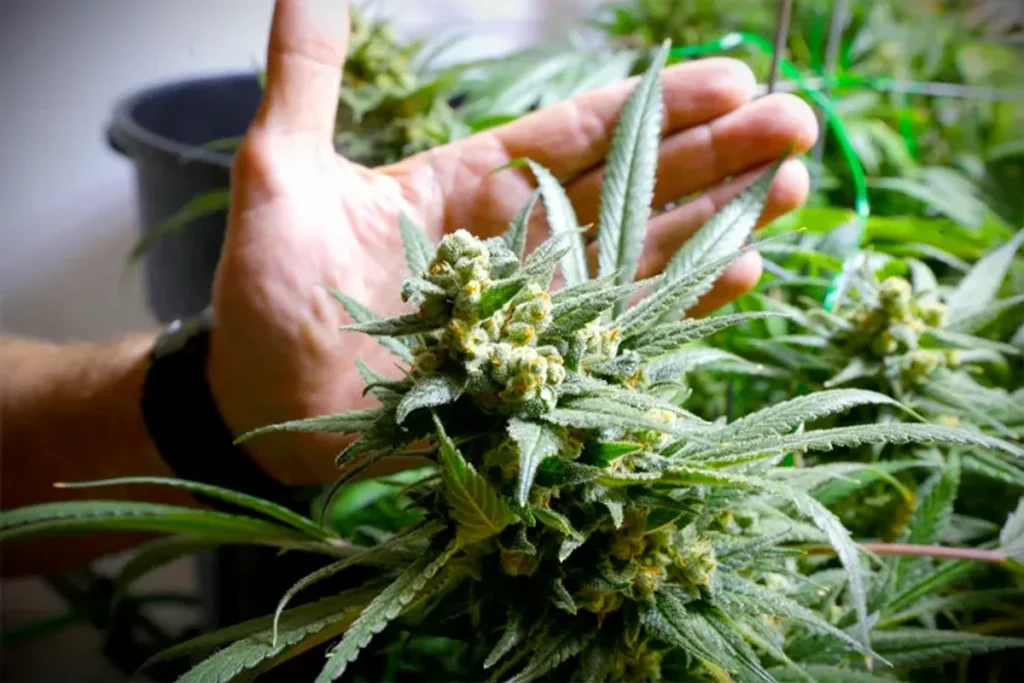Weed in Mariupol: A Growing Issue in Eastern Ukraine’s Port City

Mariupol, a city located along the Sea of Azov in southeastern Ukraine, has long been known for its steel industries and as a vital port for the country’s economy. Over the years, Mariupol has undergone significant transformations, facing the challenges of industrial decline, regional conflicts, and political instability. Amidst these difficulties, another issue is emerging: the growing use of cannabis, or “weed,” which is increasingly becoming a social concern in the city. on Weed in Mariupol .
Although marijuana remains illegal in Ukraine, its consumption, particularly among young people, is rising. In Mariupol, as in many parts of Ukraine, the use of cannabis is quietly on the rise, signaling both a shift in public attitudes toward the drug and the growing challenges that come with this trend. From the black market economy to public health concerns, marijuana use in Mariupol poses important questions for the city’s future. on Weed in Mariupol .
The Legal Status of Cannabis in Ukraine
Cannabis is illegal in Ukraine, and the law is clear about the consequences for possessing or distributing marijuana. Despite these strict legal penalties, the reality is that cannabis remains one of the most widely used illegal substances in the country. on Weed in Mariupol .
The criminalization of marijuana use in Mariupol reflects broader Ukrainian law enforcement practices, which focus on penalizing drug possession and use. However, with growing public awareness of cannabis use and increasing acceptance in many parts of the world, the question arises: Should the Ukrainian government reconsider its approach to cannabis? This issue is especially relevant in Mariupol, where attitudes toward drug use are beginning to shift. on Weed in Mariupol .
The Growing Use of Cannabis in Mariupol
In this environment, some individuals, particularly young adults, are turning to cannabis as a means of relaxation and escapism.
The use of cannabis in Mariupol is primarily recreational. For many, marijuana is viewed as a way to relax, alleviate stress, or enhance social interactions.
With the pressures of daily life compounded by a lack of economic opportunities, marijuana use in Mariupol has become a way to cope with feelings of anxiety, depression, and disillusionment.
The Black Market for Cannabis in Mariupol
Despite cannabis being illegal in Ukraine, the black market for marijuana is thriving in Mariupol. Like in many parts of the country, there is a well-established network for acquiring cannabis through illicit channels.
The black market for cannabis in Mariupol, while providing easier access for users, is also a source of concern for local authorities.
Additionally, the black market fuels criminal activity and contributes to the burden on law enforcement. In Mariupol, authorities often focus on tackling the distribution of illegal substances, which diverts resources away from other critical areas. Despite these efforts, the demand for cannabis continues to drive the black market, which is difficult to fully eradicate.
Public Health and Safety Concerns
The rising use of cannabis in Mariupol is not without its public health and safety concerns. Studies have shown that cannabis use can impair cognitive function, memory, and concentration, especially when used frequently.
For young people in Mariupol, early exposure to marijuana can have long-term effects on brain development.
There are also safety concerns related to driving under the influence of cannabis. Marijuana impairs reaction times and judgment, which increases the risk of accidents, both on the road and in other settings.
The Debate Over Legalization
As cannabis use continues to rise in Mariupol, the debate over its legalization has become more pronounced.
Several countries and regions around the world, including Canada and parts of the United States, have moved toward the legalization of cannabis for both medicinal and recreational purposes.
However, opponents of legalization are concerned about the potential for increased cannabis use, especially among younger populations.
Conclusion
Cannabis use in Mariupol is an emerging issue that reflects broader trends in Ukraine and beyond. The black market for marijuana in Mariupol continues to thrive, despite the risks associated with unregulated cannabis use.
The debate over cannabis legalization in Mariupol mirrors global discussions about drug policy. While some advocate for reform, others express concern about the potential consequences of making cannabis more widely accessible.
You’re the best when it comes to marijuana products , always taking care of me. Definitely recommending you to my friends. Thanks for the quick delivery .Really happy with the product .As usual, it’s top-notch. Keep it up you. you can contact them on email Scenthub43@gmail.com and also there Telegram : https://t.me/Scenthub43
wow Thanks for the referral they have great service and got the best weed around. and the delivery is so smooth.

Thanks for always being reliable! I can always count on you for good product.
You’re the go-to in the area for a reason. Always a smooth experience